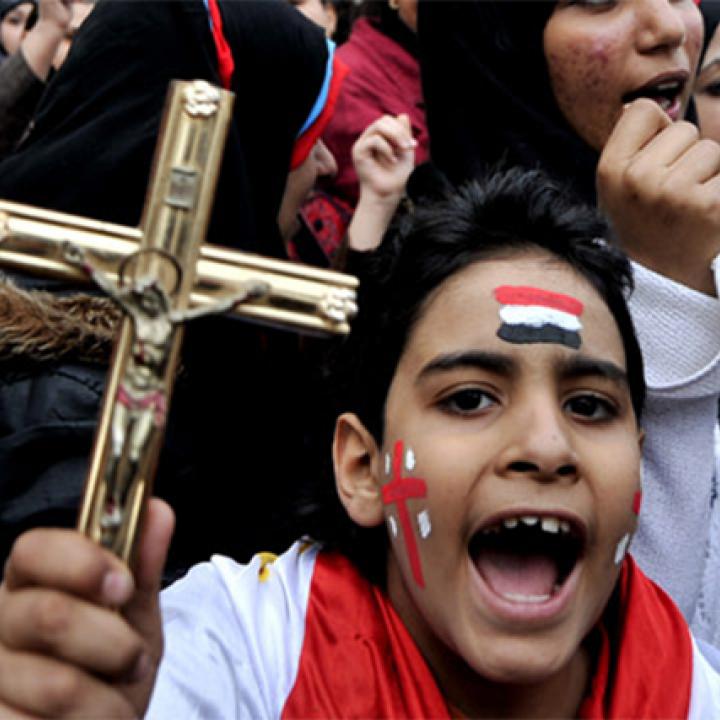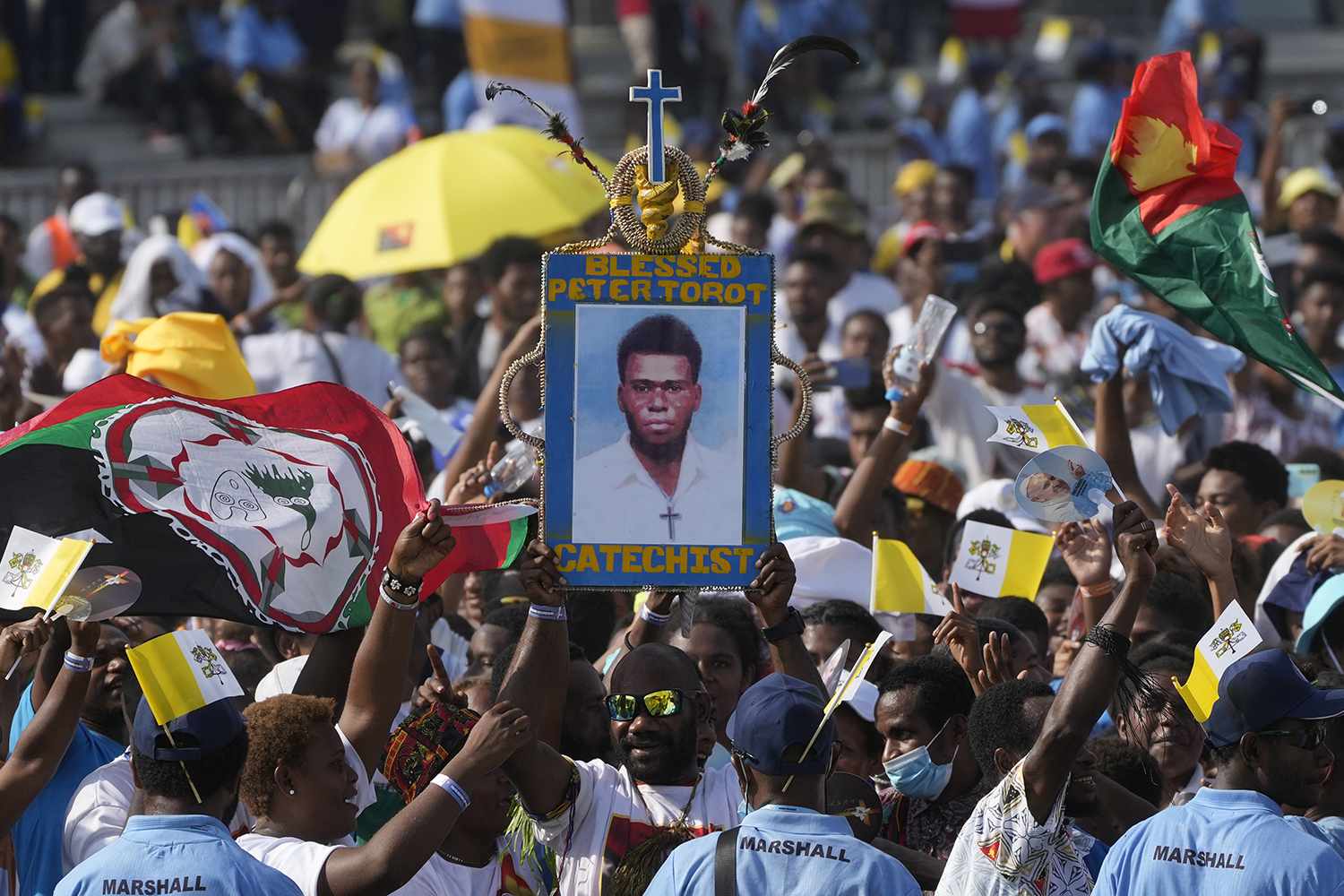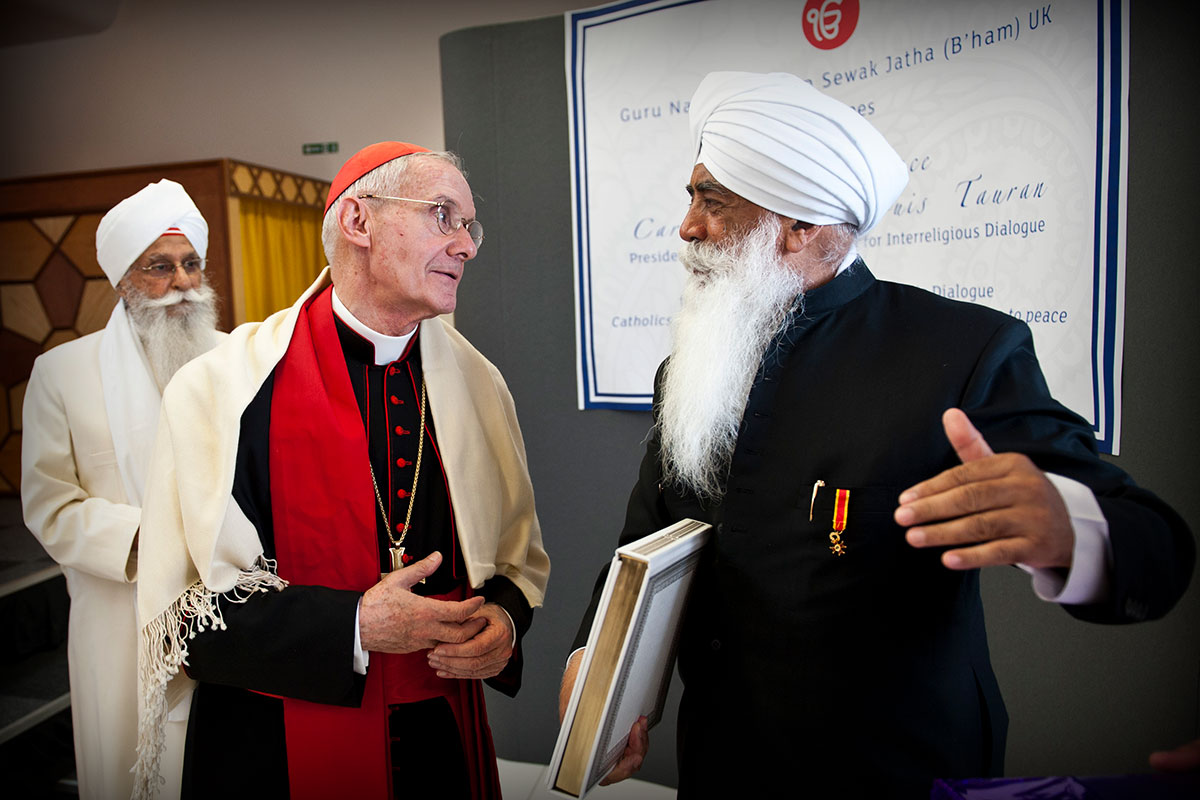Jubilee in the Persian Gulf
Joaquim Magalhães de Castro
Officially considered a Holy Year for all Christian communities in the Persian Gulf, 2023 marks fifteen hundred years of the Arabian Martyrs (523-2023), a great occasion for – in the words of Dom Aldo Berardi, Apostolic Vicar of Northern Arabia – “celebrate with faith the memory of Christian ancestors who gave their lives for Christ, and who remained faithful to Him until the end”. This process of renewing the memory of the martyrs will be jointly led by the Apostolic Vicariate of Northern Arabia (Bahrain, Qatar, Kuwait and Saudi Arabia) and the Apostolic Vicariate of Southern Arabia (Oman, United Arab Emirates and Yemen), the latter, since 2022, under the authority of the Capuchin bishop Paolo Martinelli.
With the opening of the Holy Year in all parishes on the 24th of last month, the Catholic Church in the Arabian Peninsula marked the martyrdom of Saint Arethas and his other companions who are venerated today in all Catholic and Orthodox churches in the region. Born in the ancient Christian city of Najran, in southern Arabia (present-day Saudi Arabia), Arethas and his companions suffered martyrdom in 523 AD at the hands of the Jewish king of Himyar (present-day Yemen), Dhu Nuwas, who had begun a systematic persecution of Christians in the entire south of the Arabian Peninsula. Dhu Nuwas ordered to burn down churches, forced people to convert and killed all those who refused to renounce their Christian faith.
After conquering Najran, Dhu Nuwas ordered that priests, deacons, nuns and laypeople be burned alive and the same cruel fate befell the common people of that city: men, women and children. It is believed that more than 20,000 Christians were martyred during this wave of persecution. Arethas, whose Arabic name was Al-Harith bin Ka’b, was born in 427 AD and served as governor of the predominantly Christian city of Najran, until his martyrdom, by beheading, when he was ninety-five years old. In this regard, Dom Aldo Berardi, who belongs to the Order of the Holy Trinity, or Trinitarians (O.S.S.T), in statements to Vatican News, considers that the Holy Year is a unique opportunity to rediscover the memory of the martyrs of the Arabian Peninsula and “find consolation in their admirable stories of Faith and closeness to Christ in martyrdom”.
The Christian communities and monasteries existing in the region are the continued seed of these pioneers of the Christian faith. “The archaeological finds confirm this,” he says. The anniversary should serve to “renew the missionary spirit and deepen faith in Christ and the Gospel”. In parishes and prayer groups of all religious denominations and ethnic groups, there is already a general effort to ensure that everyone is imbued with the spirit of the Holy Year. Even the children in the catechism are infected by this general enthusiasm.
“Our life is a pilgrimage”, emphasizes Dom Berardi. “A pilgrimage that is not easy, many times, due to the difficulties of life, the environment and the society in which we live. But it is always possible to follow Jesus and the Gospel if we express our love for the Father and if we let ourselves be guided by the Holy Spirit. When this happens, our pilgrimage becomes a blessing. And the Holy Year offers us the opportunity to better understand our vocation as the Catholic Church in this region.”
The Apostolic Penitentiary (a Court of Mercy, responsible for issues related to the forgiveness of sins in the Catholic Church) issued a decree granting Dom Aldo Berardi authority before “all the faithful who show deep remorse and are moved by love” after the celebration of Holy Mass on the day scheduled for the Pope’s ‘Apostolic Blessing with Plenary Indulgence’. Meanwhile, and with the aim of making the Martyrs of Arabia known and promoting their reverence in the communities of the two vicariates, the book “The Unforgettable Martyrs of Arabia” resurfaces, published for the first time in 2020, in English, and later translated into several other languages.
A sacred relic of Saint Arethas – a gift from Bartholomew I, Ecumenical Patriarch of Constantinople – is expected to arrive in Bahrain in November 2023. Tradition has it that the relics of the Arabian Martyrs were kept in a cube-shaped sanctuary that soon became a very popular pilgrimage site among Arab Christians. This sanctuary would be destroyed in the 7th century, when the Christians were expelled from southern Arabia. It is believed that many of the relics were taken at that time to various monasteries and churches in Syria and Iraq.
The relic of Saint Arethas would end up in the monastery of Mount Athos, in Greece. Its return to the Arabian Peninsula, almost fourteen centuries later, is therefore considered an extraordinary blessing for today’s Christian communities in the Gulf. Around 2.5 million Catholic faithful live in the Arabian Peninsula, most of them foreign workers from different nations and cultures.


 Follow
Follow


